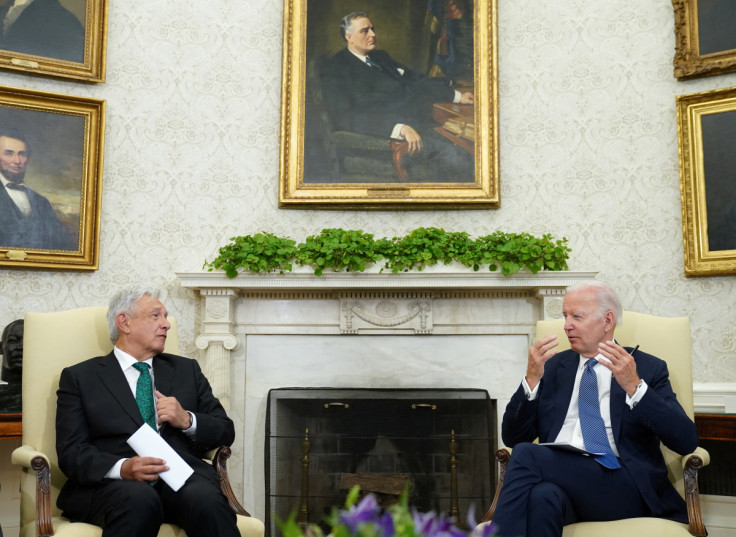
Ismael "El Mayo" Zambada, co-founder of the Sinaloa cartel, was apprehended last month in a significant operation that ended nearly four decades of evading authorities.
The U.S. has portrayed the arrest as a major success in its efforts to dismantle the cartel. However, the incident has sparked concern in Mexico, where officials worry about the potential impact on its relations with the country, allegations of corruption, and the possibility of escalating violence. Mexican President Andrés Manuel López Obrador questioned whether U.S. agents were involved and reaffirmed Mexico's sovereignty, emphasizing the need to investigate the operation.
Tensions between the two countries over U.S. anti-drug operations in Mexico are longstanding. López Obrador's administration has already strained security cooperation with the U.S. through a cautious approach to confronting criminal organizations. Following Zambada's arrest, the Mexican government launched an investigation into the role of Mexican officials in facilitating his transfer to U.S. authorities without proper notification.
This controversy is reminiscent of the 2020 arrest of former Mexican Defense Minister Salvador Cienfuegos by U.S. authorities, which also triggered outrage in Mexico. In that case, the U.S. eventually dropped charges against Cienfuegos and released him after threats to sever security cooperation.
In the wake of Zambada's arrest, both nations have been quick to downplay the potential for a similar diplomatic rift, with U.S. Ambassador to Mexico Ken Salazar emphasizing that bilateral cooperation remains strong.
The arrest has also highlighted the challenges of combating organized crime in Mexico. Zambada's detention follows a series of high-profile arrests of Sinaloa operatives, including Ovidio Guzmán, one of El Chapo's sons, who was captured in 2019 but quickly released after cartel gunmen launched a violent counterattack. The complexity of these operations underscores the deep entanglement of Mexican authorities with organized crime, as evidenced by recent cartel-related prosecutions in the U.S.
In a statement following his arrest, Zambada alleged that his capture was facilitated by a Sinaloa police officer and that the state's governor, Rubén Rocha, had been expected to attend the meeting. Rocha has denied these claims, and both López Obrador and Claudia Sheinbaum, the incoming Mexican president, have publicly supported him.
The focus on the Sinaloa cartel could have unintended consequences, particularly for the Jalisco New Generation cartel, another major criminal organization in Mexico. Some security analysts suggest that U.S. and Mexican efforts against Sinaloa might inadvertently strengthen Jalisco's position, potentially leading to further violence. In Sinaloa, tensions have already escalated, with the Mexican military deploying special forces to the state capital, Culiacán, following Zambada's arrest.
© 2025 Latin Times. All rights reserved. Do not reproduce without permission.






